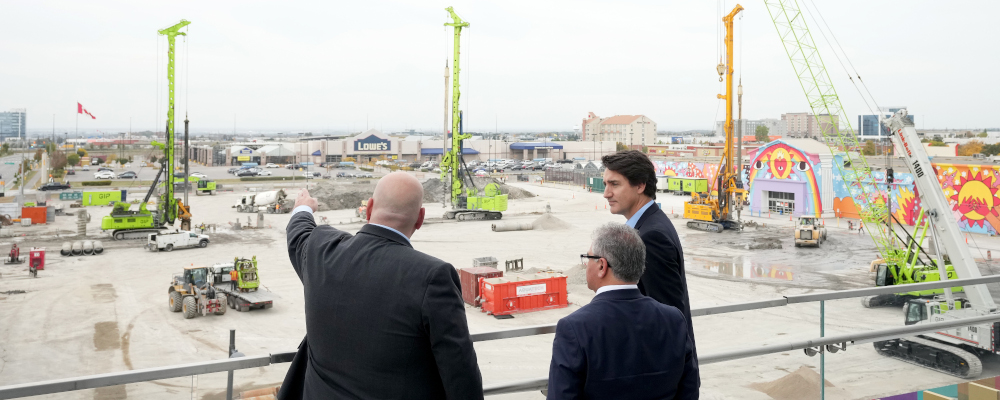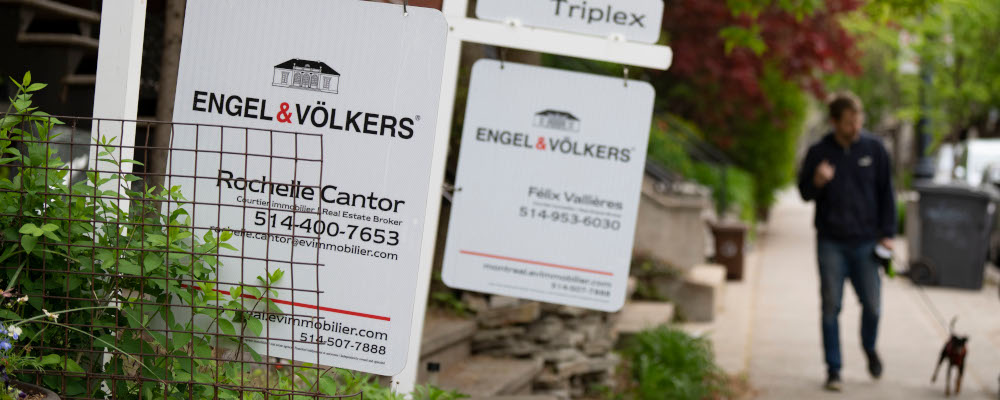I’ve been following many of the discussions that have taken place since the release of the Trudeau government’s budget. There is too much in the budget to cover in-depth, but I think it’s worthwhile diving in on one of the more controversial measures: namely, the increase in the capital gains inclusion rate for corporations and for individuals (above $250,000 in the latter case).
Most observers, rightly so, have framed the measure as a tax on the so-called “ultra-wealthy”. In fact, the Liberal Party’s official X account used those exact words. It has since precipitated a predictable debate about tax fairness, redistribution, and so on.
Fellow Hub contributor Trevor Tombe’s post-budget analysis focused on the tax change through the lens of tax policy principles. He concluded that “raising capital gains taxes makes sense” based on the notion that we ought to aspire to what he calls “fairness” in the differing tax treatment of income and capital.

This line of thinking draws on the famous tax policy idea that “a dollar is a dollar is a dollar.” Why should one dollar be taxed differently than another?
What the proponents of this policy thinking seem to overlook is how important capital is to the productivity of an economy, and as importantly—in the context of this budget in particular—to the creation of housing.
Broadly speaking, “capital” is money invested into assets for the benefit of creating economic value. For example, when someone buys stock from a company, they are providing capital to that company for the purpose of fuelling its growth, investing in its research and development, growing its workforce, etc.
When buying or building a home, that capital is being used to provide a valuable service to a family, to rejuvenate a neighbourhood, and to support the needs of a growing population.
In other words, capital creates value; not only for the person investing it, but also for anyone receiving secondary benefits in the form of employment, product innovation, differentiated services, and even housing. These spillover effects—what economists clunkily call “positive externalities”—are a key reason why the tax system tends to treat capital differently than income.
To increase taxes on capital is to invariably decrease these spillover effects and the benefits derived from secondary recipients and the economy and society as a whole.
This is particularly true when we consider the housing crisis the country is currently facing. The crisis itself is in large part a result of insufficient capital. The secondary losers are the average Canadian family who currently can’t afford a home.
Ahead of this budget, the Trudeau government received significant praise for its bold Canada Housing Plan for recognizing the problem. Yet missing from that plan was something that seemed like an unintentional omission: any mention of the fact that housing only gets built when risk-taking individuals put their own capital at risk as the equity required to finance any new development.
It’s as if the government had failed to understand that housing—like any other product or service in the economy—does not get produced without capital. This budget confirmed that lack of understanding.

Previous housing strategies—including the most recent Conservative election platforms from the 2019 and 2021 elections—have recognized that capital is so critical to housing creation that they proposed policies to significantly reduce, and almost eliminate, capital gains taxes on real estate transactions (so long as the proceeds are reinvested into real estate). The intent of this policy would have been to promote the sale of land for development and to promote the reinvestment of any proceeds back into the creation of new housing.
Instead, in this budget the government has chosen quite the opposite. It’s chosen to disincentivize people from selling underutilised land. It’s chosen to disincentivize the very people who would put their capital at risk for all of our benefits. That will mean less housing, fewer new companies, less competition, and less product innovation. Less Less Less.
Let’s not be surprised when less of that capital is made available. Research on the deleterious effects of taxes on capital is well established. It’s intuitive after all. It’s the same principle that underpins the Trudeau government’s carbon tax policy. If you tax something, all things being equal, you will get less of it.
The budget outlines some good measures on housing that others at The Hub have written positively about. Unfortunately for Housing Minister Sean Fraser though (and frankly, for all of us), after a year of valiantly building a plan to address our housing crisis, all of his efforts may have been completely undone because of this one new tax on capital.
Following this budget, we all experienced a capital loss.




